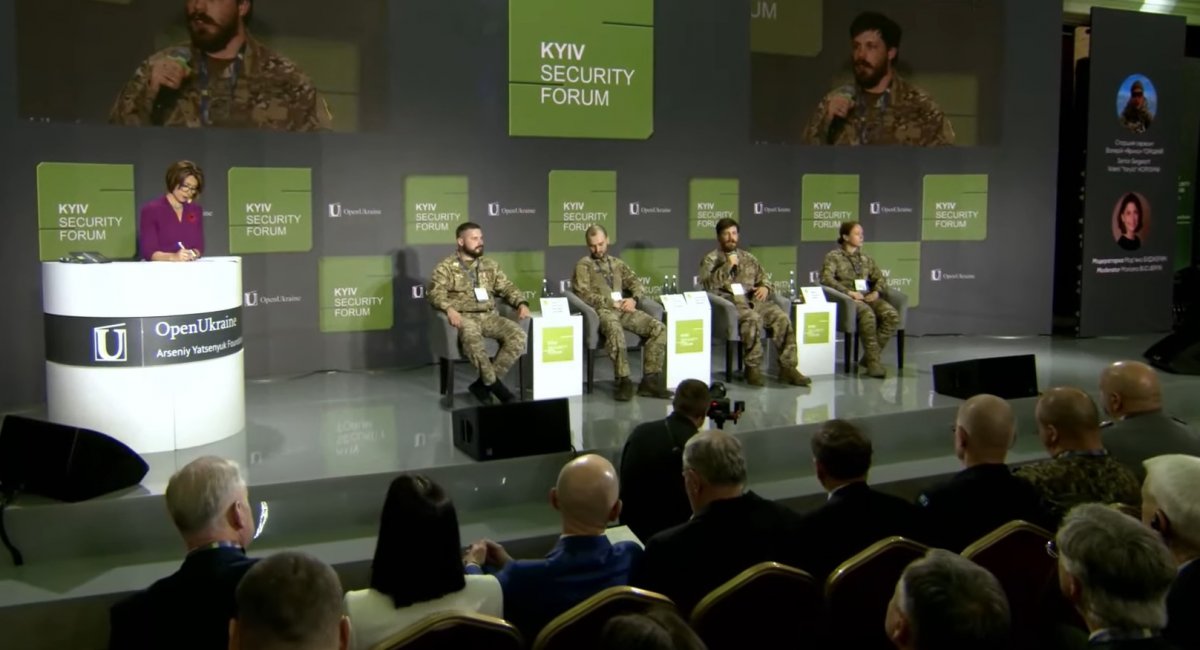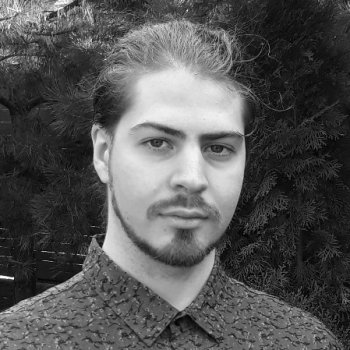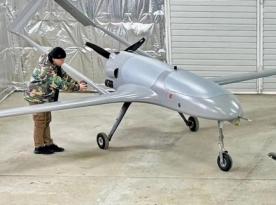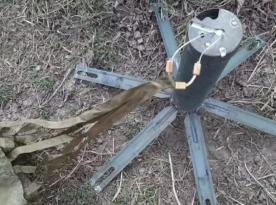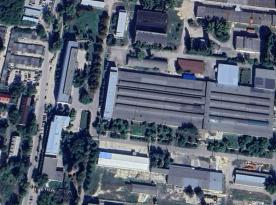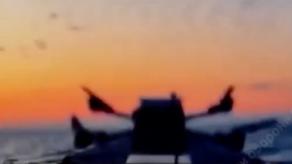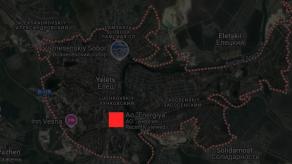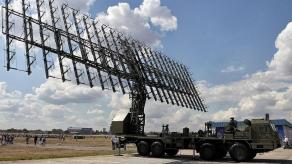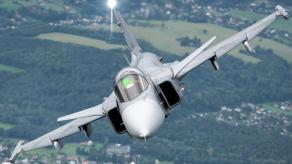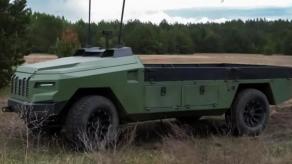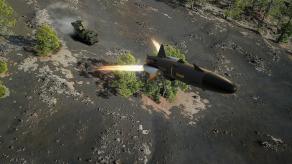The Four Elements of Ukraine's Victory by Capt. Shutenko
The war landscape has significantly changed since 2022, as described by Capt. Viacheslav "Manager" Shutenko, Commander of the Unmanned Systems Battalion, 44th Separate Mechanized Brigade.
Compared to more "classical" warfare of 2022, "today, this about technology, about precision, and this war is about speed," he noted, elaborating on the role of unmanned systems evolving from auxiliary to decisive on the battlefield.
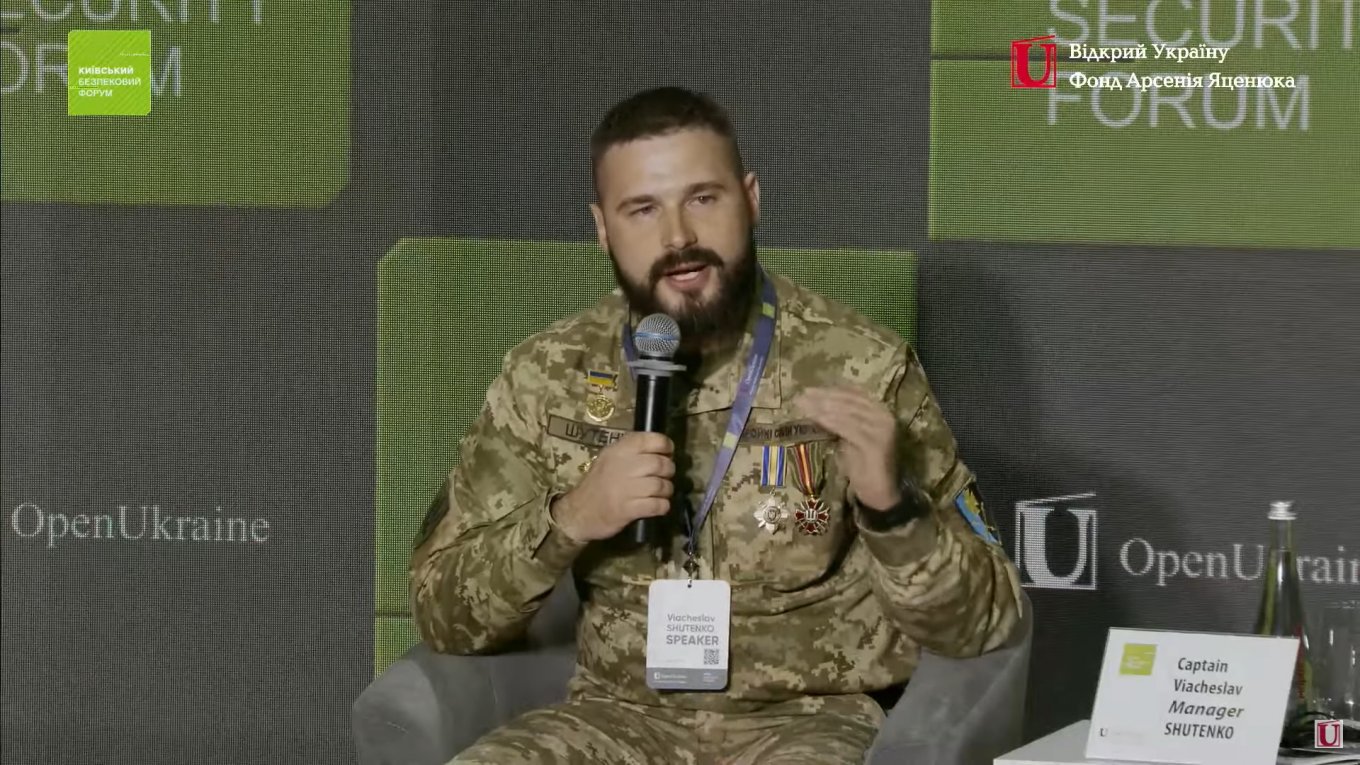
Captain Shutenko outlined four key elements of victory in these conditions, firstly listing the scalable production and uninterrupted supply of drones to the Ukrainian Defense Forces.
The infantry to repel russian attacks and assault units to regain territories are the second integral element, complemented by the third: military education. High-quality training can not only alleviate some of the disparity between the multitudes of Ukraine's heterogeneous units and forces in terms of combat experience but also bring the combat capability to new heights.
The fourth element is continuous international support. Shutenko stressed the necessity to "unite again" — a message that became the leitmotiv of the event. This unity should manifest in practical steps: diplomatic efforts, sanctions on the russian economy, provisions of tanks, artillery, and aviation for the Ukrainian Armed Forces, etc.
"Dear ladies and gentlemen, we need all this stuff not only because we want it. We need all this stuff because here in Ukraine, we fight against one of the most powerful armies in the world, and we fight not only for our independence, for our territorial integrity — we also fight for the free world, for democracy, for European values, and international security," Capt. Viacheslav Shutenko said.
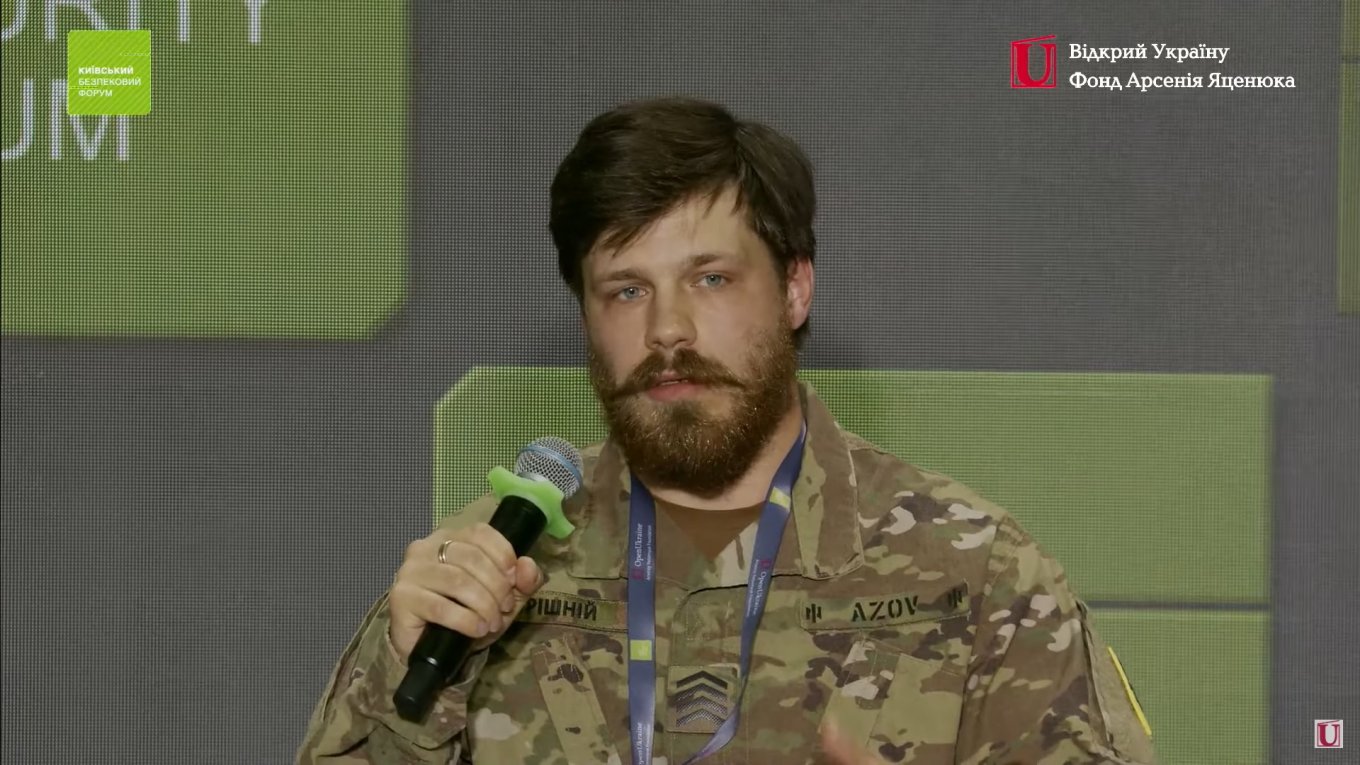
Salvation of POWs and Persecution of War Crimes
Senior Sergeant Valerii "Yarylo" Horyshnii, from the First Corps Azov, the National Guard of Ukraine, called on Ukraine's international partners and allies to showcase "courage, discipline and determination" in supporting Ukraine and "do everything possible and impossible" to return Ukrainian prisoners of war from the russian captivity. He stressed that Ukrainian POWs die every day in enemy captivity, citing limited bad nutrition, tortures, beatings, etc.
In the context of ongoing U.S. efforts to mediate a peace settlement between russia and Ukraine, Sgt. Horyshnii also recalled that after WW2, the German Nazi were prosecuted for war crimes during the Nuremberg Trials, yet the Soviet war criminals got away with their misdeeds.
"We must not forget now of all the war crimes that the russian soldiers and commanders have been doing nowadays in Ukraine," Valerii Horyshnii said, suggesting that a similar trials are held for russian war criminals who had committed "sexual harassment, abuse, killings, rapes, looting" among other offenses.
U.S. presence in Europe and the 100,000 troops
Among the event's guests was Dutch Navy Admiral Rob Bauer, Chief of the NATO Military Committee in 2021–2025. He reiterated the United States' support of Ukraine, noting that in the russo-Ukrainian war, there's a clear division between good and evil, where russia is unanimously recognized as the evil and it wouldn't be able to sustain the war without the help from China and North Korea.
When pushed on Washington's inconsistent policies and the potential exit of the U.S. from defense agreements, he quoted the U.S. Secretary of State Marco Rubio as saying there were no plans to leave NATO and emphasized that there are currently 100,000 U.S. troops in Europe.
"They are not taking them out, there is not a decision on that there's discussions and that's not the first one. In the last 40 years, there have been more discussions and moments where the U.S. had to reconsider the number of troops in Europe," Bauer said.
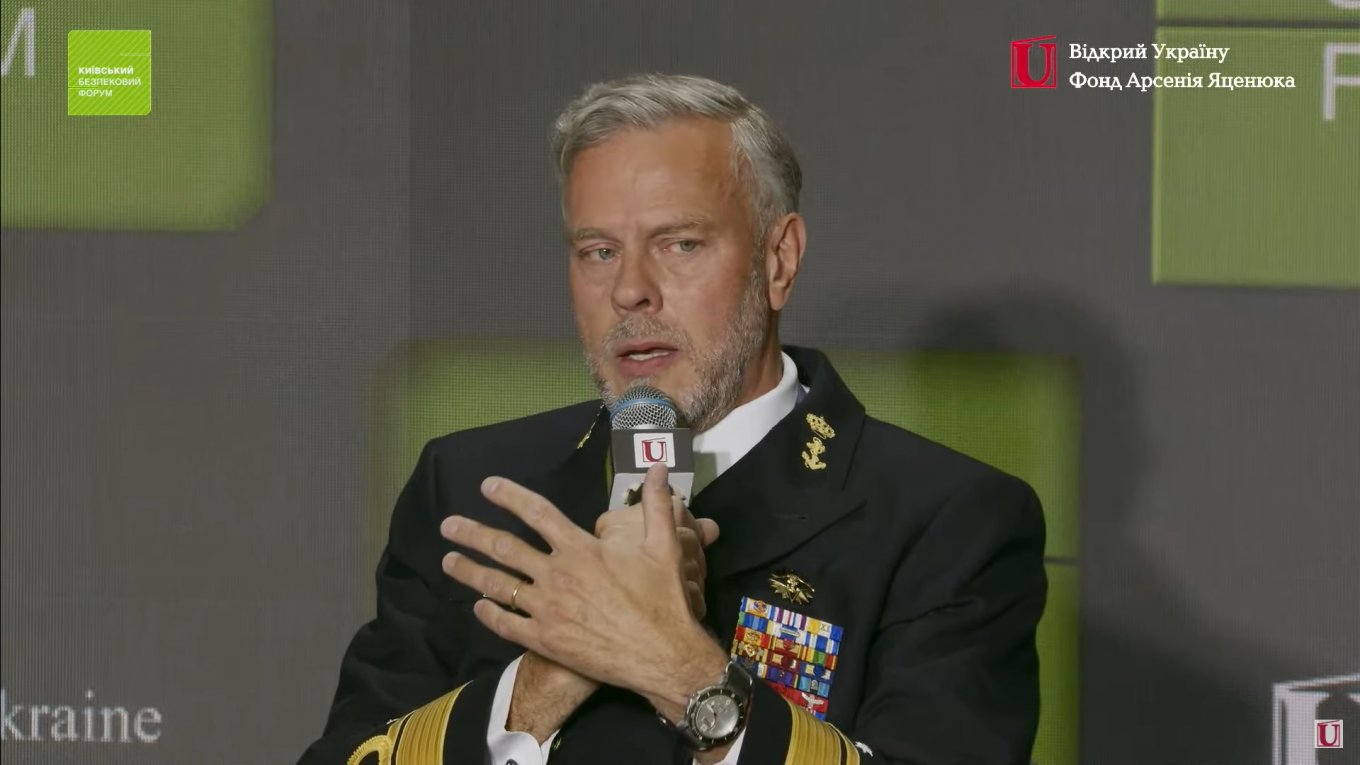
He added that if the state administration ever decides to reduce the presence in the region, "it will be the result of a discussion amongst allies to make sure it is not seen as an opportunity for russia to use that transition, that change, in a way that they can gain from it."
The admiral admits it's "not unthinkable" that there will be fewer U.S. troops in Europe in the future but if it happens, it will be a sign that "NATO has become stronger because then, the nations have more military, more capabilities to replace those American troops, and Europe is able to basically look after itself more than it has been doing over the last 80 years."
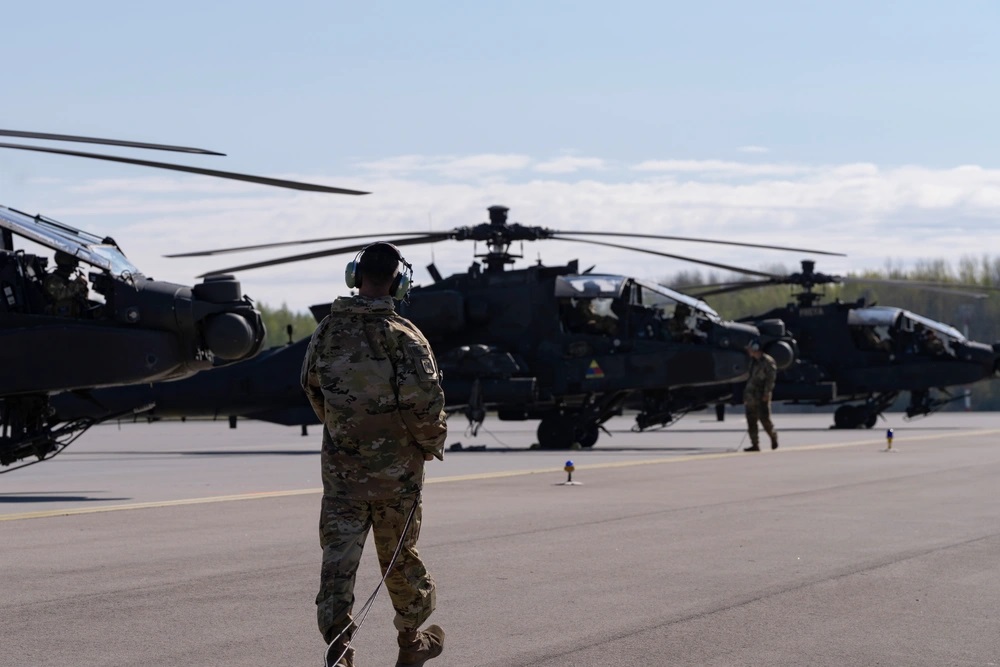
Europe Should Be "Serious" About Sanctions
Speaking of the impediments preventing the European NATO segment from providing more help to Ukraine, Gen. Andis Dilans, Undersecretary of State of the Defense Ministry of Latvia, pointed out that statistically, wars are won by economies and supreme technologies. The main emphasis in supporting Ukraine should be put on economies and the economic strength, he said.
"As you know, russia's military capacity has benefited quite a lot from the increased revenues of oil and gas. Once U.S. Senator McCain said that russia is a 'gas station pretending to be a country' and actually, this is righty said. If you really want to stop the gas flow and oil flow from russia to Europe and any other countries, you can stop the war very easily. But again, the political will is the most important thing in order to do it," Dilans stated.
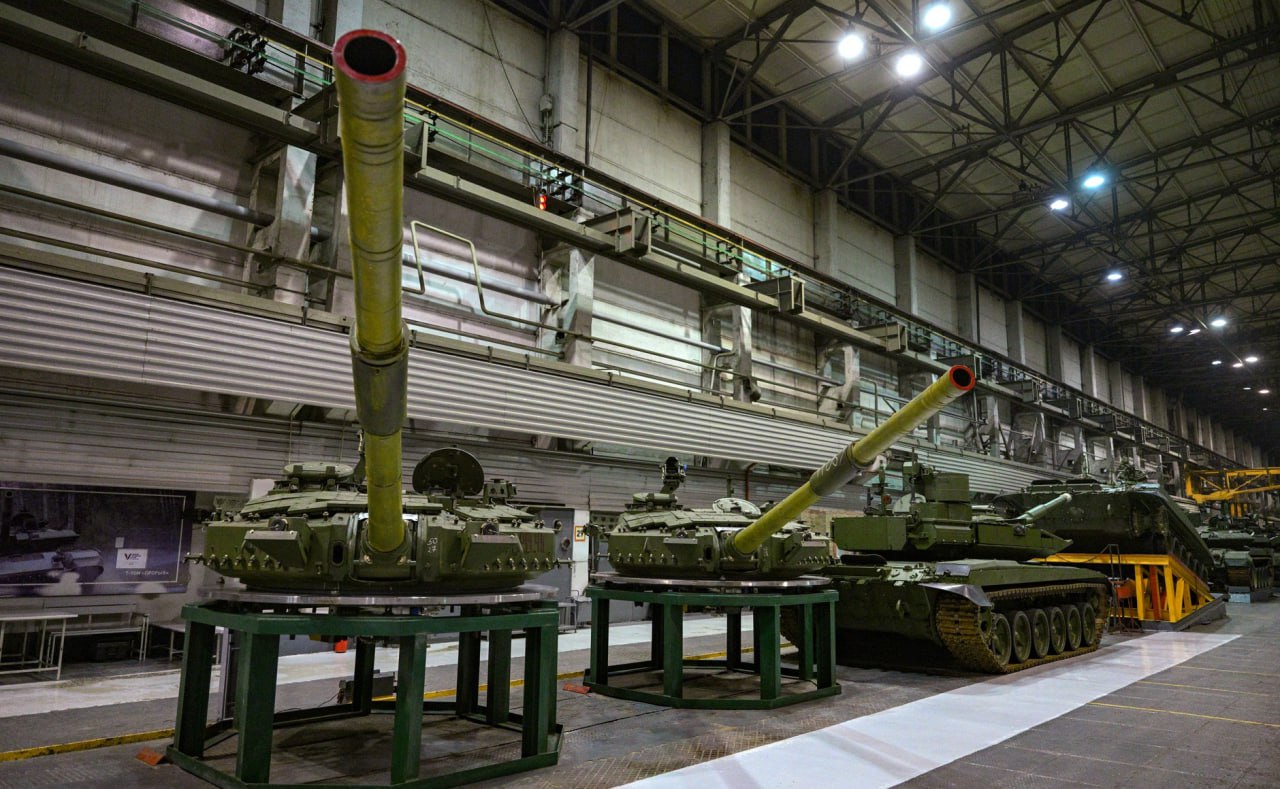
The Latvian general argues that European states have to revise the sanctions which "don't really work" toward the goals they were introduced for in the first place. He says that the allies need to be "serious about the economic sanctions" and notes that besides the missiles and tanks produced for the needs of the Ukrainian front, the said weapons are also stockpiled at the newly re-established Leningrad Military District — the one that borders NATO and the EU countries.
"What was it created for? Think about it for just a moment," Gen. Dilans urged. "If you would like to avoid further escalations and wars, we have to put sanctions in order to stop the flow of russia's gas and oil to Western and other countries, making them richer on a daily basis."
Defense Express memo: the 17th Annual Kyiv Security Forum "UA: UNITE AGAIN TO DEFEAT THE GLOBAL AGGRESSOR" is a two-day event organized by the Arseniy Yatsenyuk's Open Ukraine Foundation. It is held in Ukraine's capital on May 8–9, and is dedicated to the 80th anniversary of the Victory in World War II and the 40th anniversary of Europe Day as an official holiday of the European Union. More information here.
Read more: The 17th Annual Kyiv Security Forum“UA: UNITE AGAIN TO DEFEAT THE GLOBAL AGGRESSOR” Starts in Ukraine



